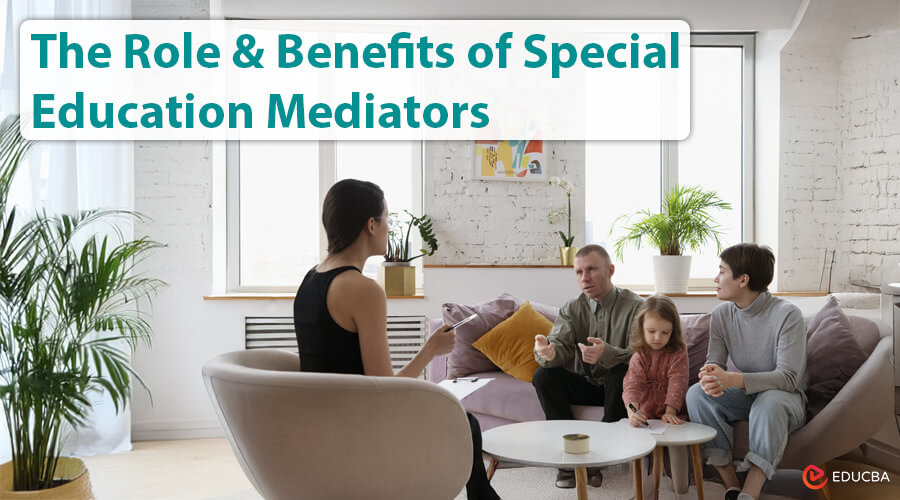
Introduction to Special Education Mediators
Special education mediators are trained professionals who help resolve conflicts between families and schools regarding special education services. They facilitate open discussions and help both parties find fair, collaborative solutions to meet the student’s unique needs without formal legal proceedings. Their role is to guide conversations, foster empathy, and ensure that each side’s concerns are addressed, ultimately supporting a positive relationship between families and educational institutions.
Special education in public schools faces familiar challenges shared across education but includes unique issues that demand the expertise of special education mediators. Disputes may arise over a student’s evaluation, classroom placement, necessary services, or eligibility for special education support.
An expert in conflict resolution, Susan Deveney provides specialized training for consultants who work as special education mediators, equipping them to handle these sensitive cases effectively. Deveney believes training should be a standard requirement for all special education mediators to ensure a fair, student-centered approach that supports institutional and family interests.
Goals of Special Education Mediator Training
The main purpose of training a Special Education Mediator is to prevent lengthy, costly legal proceedings and to establish a clear, collaborative strategy for resolving conflicts. Rather than taking an adversarial approach, the Special Education Mediator works to help families and educators agree on solutions that serve the student’s best interests. However, reaching a consensus can be challenging, as special education cases often involve highly sensitive topics.
Deveney has tailored Conflict Resolution Training Inc. (CRT) training to build essential skills for special education mediators. The training includes:
- Guiding difficult conversations
- Encouraging empathy between parties
- Promoting emotional and social intelligence during the mediation
Another goal of Special Education Mediator training is for mediators to recognize and address their unconscious biases related to diversity and inclusion. This introspective process helps special education mediators approach each case impartially, ensuring fair outcomes for all involved.
Benefits of Special Education Mediation for Families and Schools
Proper training for a Special Education Mediator can transform the conflict resolution experience, making it less intimidating than traditional school meetings or formal hearings, which can sometimes overwhelm parents. With a Special Education Mediator guiding the process, the setting is informal, and the focus remains on collaboration rather than determining who “wins” the dispute.
The Special Education Mediator facilitates open discussions between families and schools, helping both parties arrive at a solution that preserves relationships while meeting the student’s unique needs. Conflict Resolution Training Inc. (CRT) has developed a structured, five-step agenda that special education mediators use to guide discussions and collaboratively work toward resolutions.
Final Thoughts
Special education mediation is a vital and unique approach that supports students, families, and educational institutions by promoting collaborative conflict resolution. Properly trained special education mediators play an essential role in helping families and educators arrive at mutually beneficial solutions, ultimately ensuring that student’s needs are met in a supportive, effective manner.
Author: Susan Deveney
Susan Deveney, Chief Executive of Conflict Resolution Training Inc. (CRT) in Boston, is an expert in family, divorce, and special education mediation. She specializes in training special education mediators to navigate complex educational disputes, advocating for standardized training to ensure fair, student-centered solutions.
Recommended Articles
We hope this article has clarified the importance of a special education mediator. For further insights on effective conflict resolution in educational settings, check out these recommended articles.


